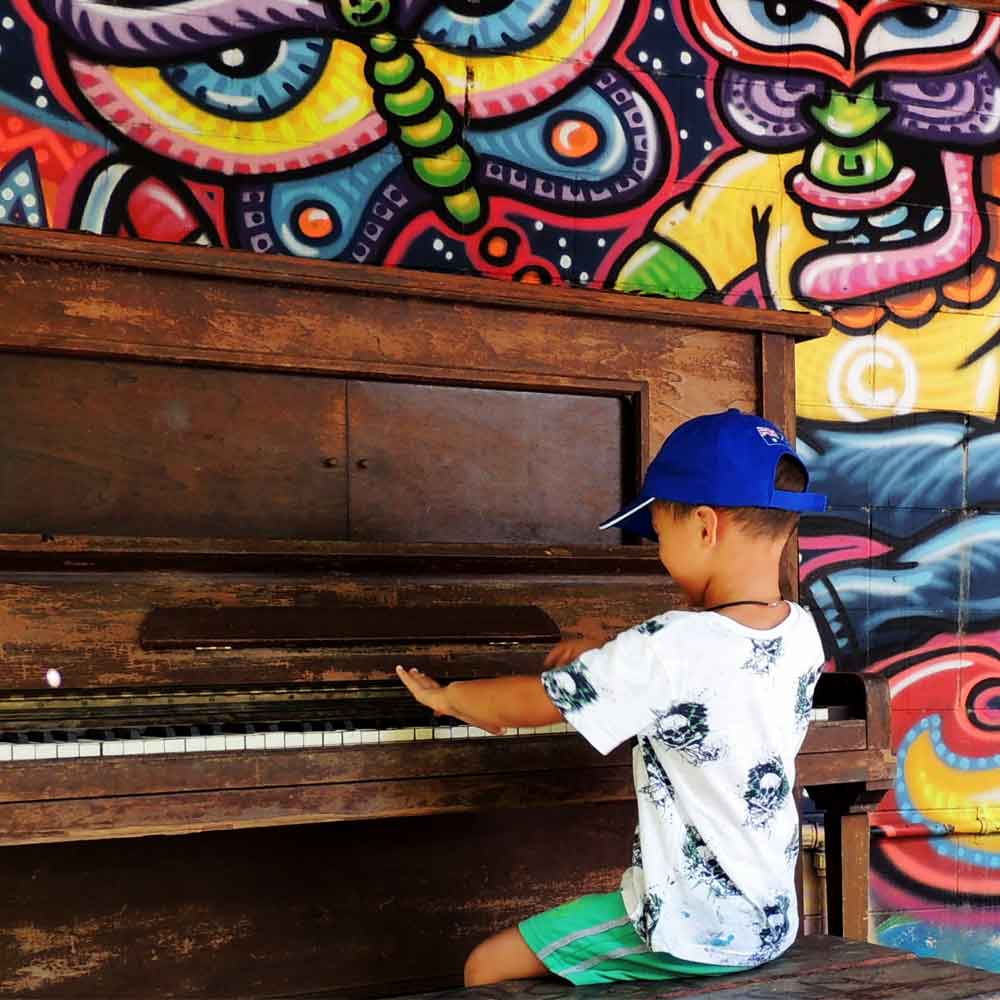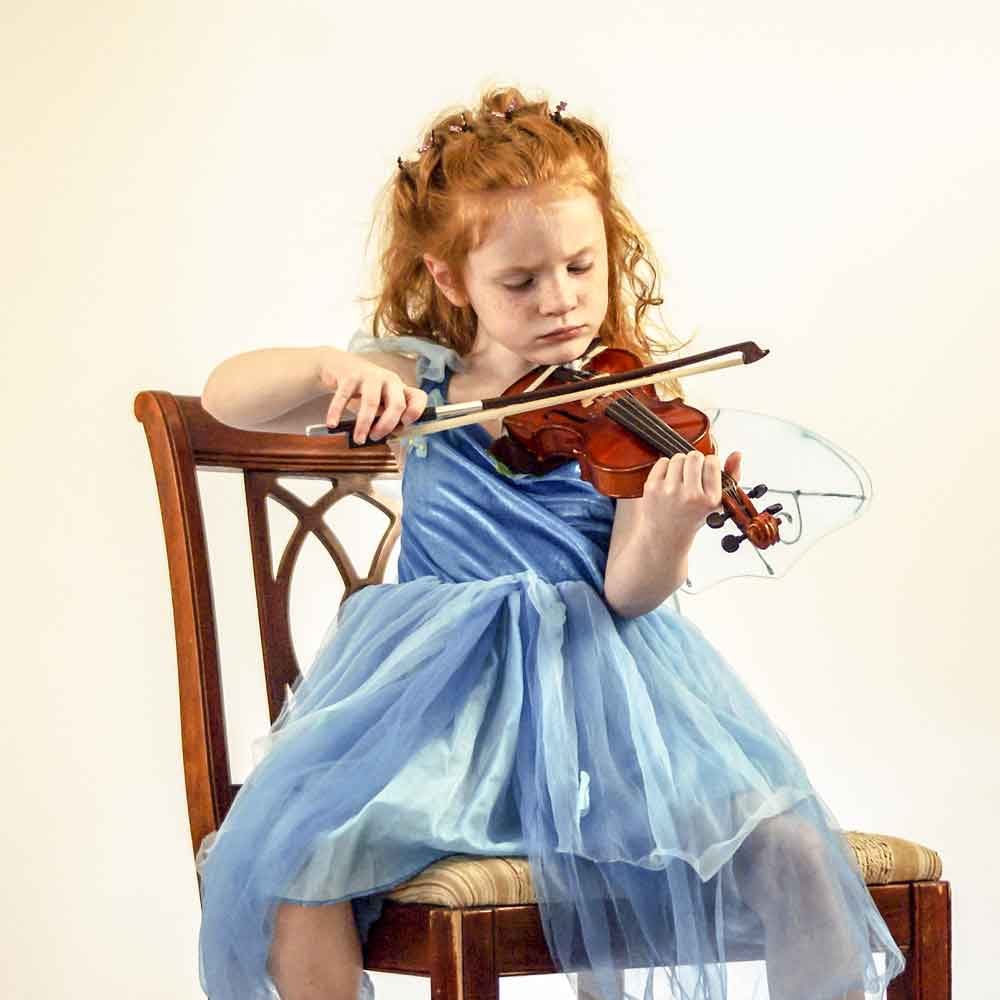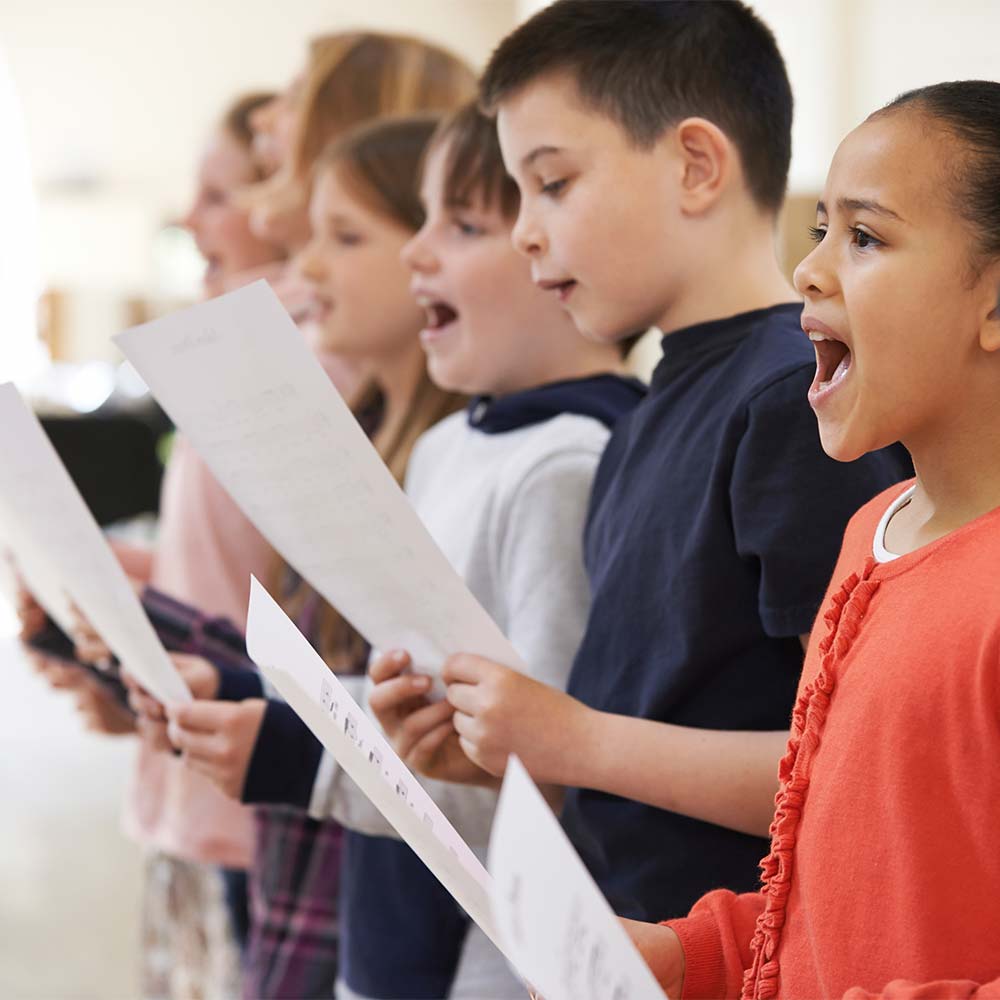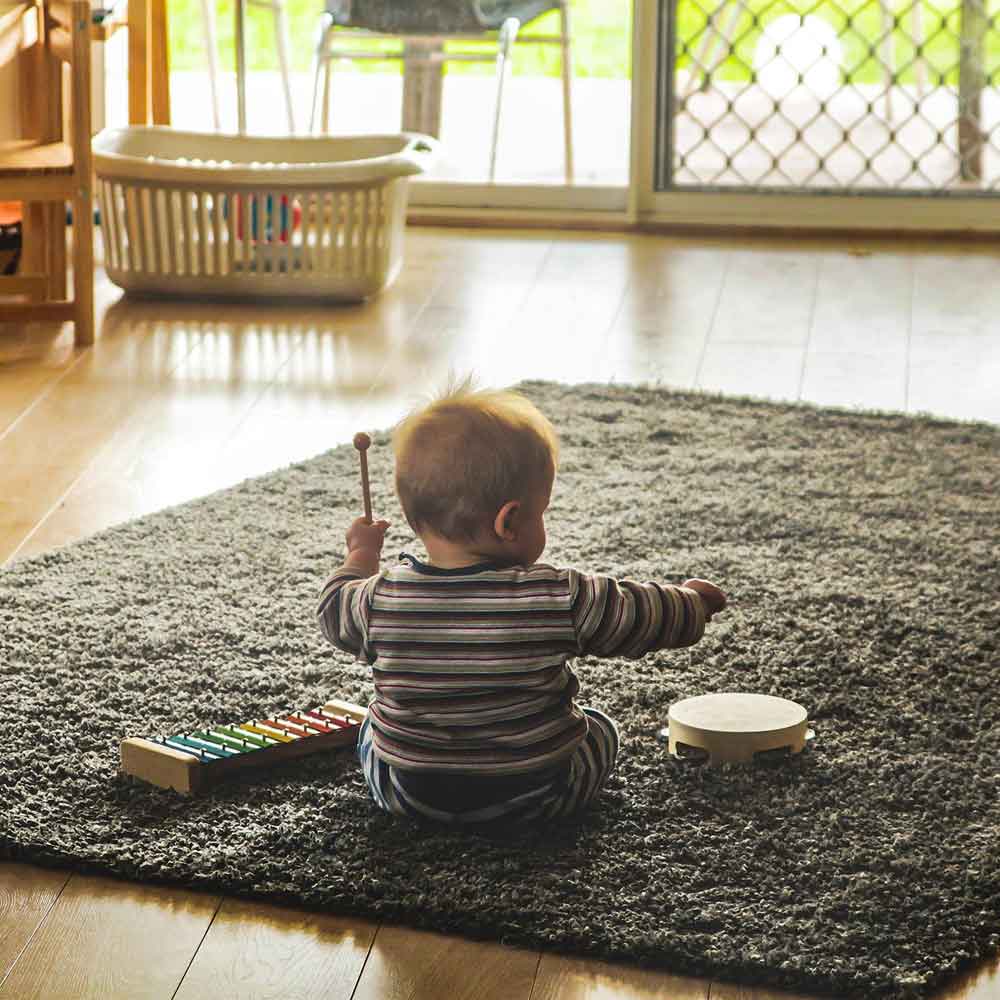Home » Blog » Kids Party »
As mentioned in one of my previous articles, Why music and art are important for kids’ development, I took piano lessons for 15 years. Therefore, you won’t be surprised when I say that I fully believe in the benefits of learning a musical instrument. (In case you didn’t know, vocal cords are also considered a musical instrument!) To name a few, I gained self-confidence, I had an outlet for my emotions and I learned that I could achieve my goals through hard work, persistence and determination. That being said, don’t just take my word for it! Members of our team at My Studio Party such as Rob, an incredible guitarist and studio engineer, and Claire, a singer-songwriter and recent ukulele player, have also agreed that music has tremendously benefited them!
It turns out, science shows that the brains of musicians are anatomically different than the brains of non-musicians. Musicians have more grey matter in various regions of the brain, and the long-range connections between these regions are much stronger. Furthermore, brain-scans studies show that the younger you are when you start your musical training, the more drastic the changes.
But what does this mean?
Learning a musical instrument requires a person to simultaneously use 6 different neurological processes. Each of these processes is associated with a different area in the brain. If these areas are engaged enough, they will go through some anatomical changes.
Now that we understand why the brain changes, here are three health benefits of learning a musical instrument.
Physical
Learning a musical instrument comes with many physical benefits.
- Deep Breathing – If you play a wind instrument, you will learn to breathe deeply, which provides a number of health benefits.
- Stress relief – Playing an instrument has been proven to help relieve stress by bringing your energy and focus into a positive activity. As a result, it can help lower your blood pressure and heart rate.
- Hearing – It refines your hearing skills. Musicians learn to isolate sounds as they occur. This means it is easier for them to pick out different voices and sounds in a noisy environment.
- Exercise – You increase your physical activity by playing an instrument by using your arms and back muscles to play and hold up your instrument. Moreover, if you play the drums, you even do some cardio!
- Posture – You learn to improve your posture by learning the appropriate posture to properly play your instrument.
Mental
Learning a musical instrument also has mental or psychological benefits. In fact, according to this awesome TED-Ed video, it’s like a whole body workout for you brain.
- Mental Performance – Improves your memory and can help slow the onset of dementia and Alzheimer’s disease.
- Coordination – It requires you to rhythmically use your fingers, hands and sometimes feet while also making sure you play the right notes.
- Time Management – If you enjoy playing and want to be successful, you don’t have a choice but to figure out how to fit your practice into your schedule.
- Reading – Learning to read music strengthens your ability to process information. It creates new connections in your brain and as a consequence will make it easier for you to read and absorb information from other sources.
- Listening – You won’t only hear more details, you will also become a better listener. Playing an instrument requires you to listen for timing, expression and whether you’re in tune.
- Concentration – In order to improve your musical skills, you must use all the parts of your brain involved in concentration and focus. As a result, it will be easier for you to concentrate in other situations.
- Mathematics – It can help improve your math skills! A lot of music theory is very mathematical. Music is divided into equal measures and beats and then those beats are also broken up!
Emotional
Finally, learning a musical instrument also has emotional benefits.
- Self Expression – It allows you to express yourself and be creative.
- Therapy – It can be used as an emotional outlet and help with stress, insomnia and depression.
- Achievement – It helps you develop a sense of accomplishment. There’s no greater feeling than accomplishing a goal like learning a new song, after you’ve worked hard.
- New Friends – Being in a choir, a band or an orchestra can help you meet new people. Telling people you play an instrument is also a great icebreaker!
Conclusion
Learning a musical instrument has physical, mental and emotional benefits. What’s more, the younger you are when you start to learn, the greater these benefits will be! Are you a musician? Do you play an instrument? If you’re a musician yourself, we would love to hear how playing an instrument has helped you!








0 Comments